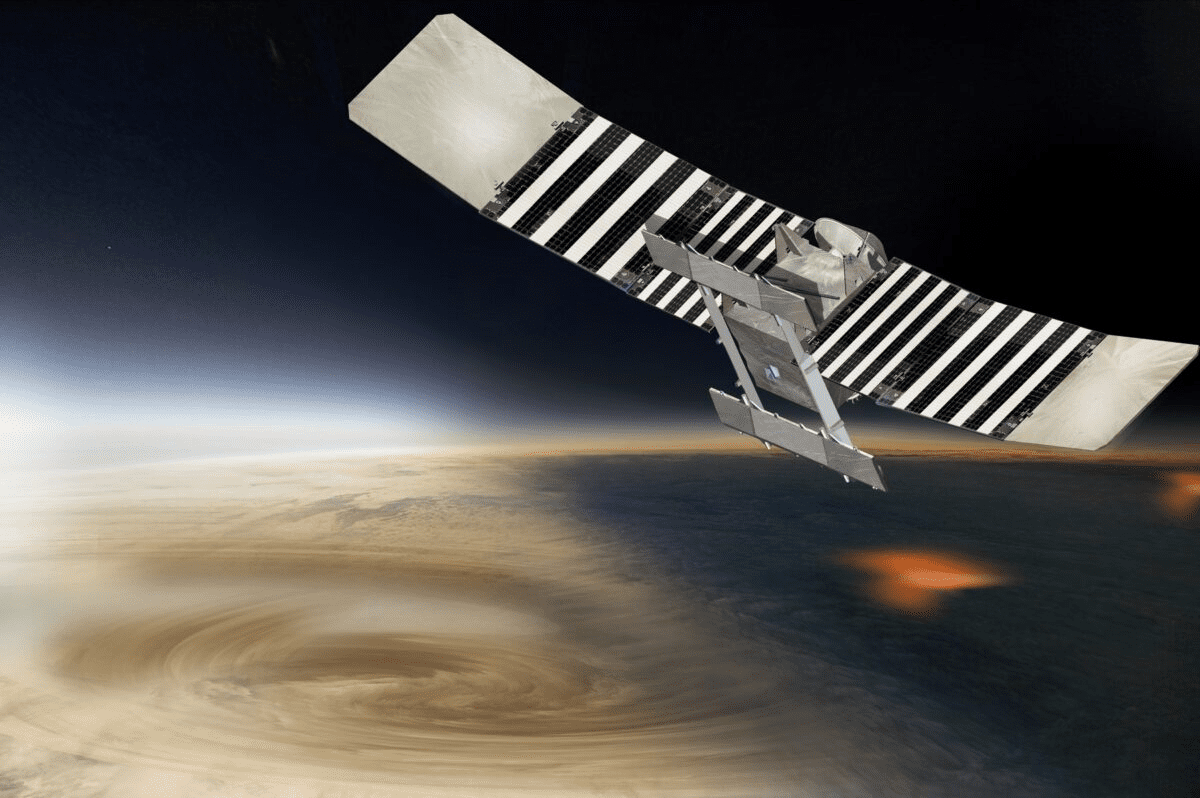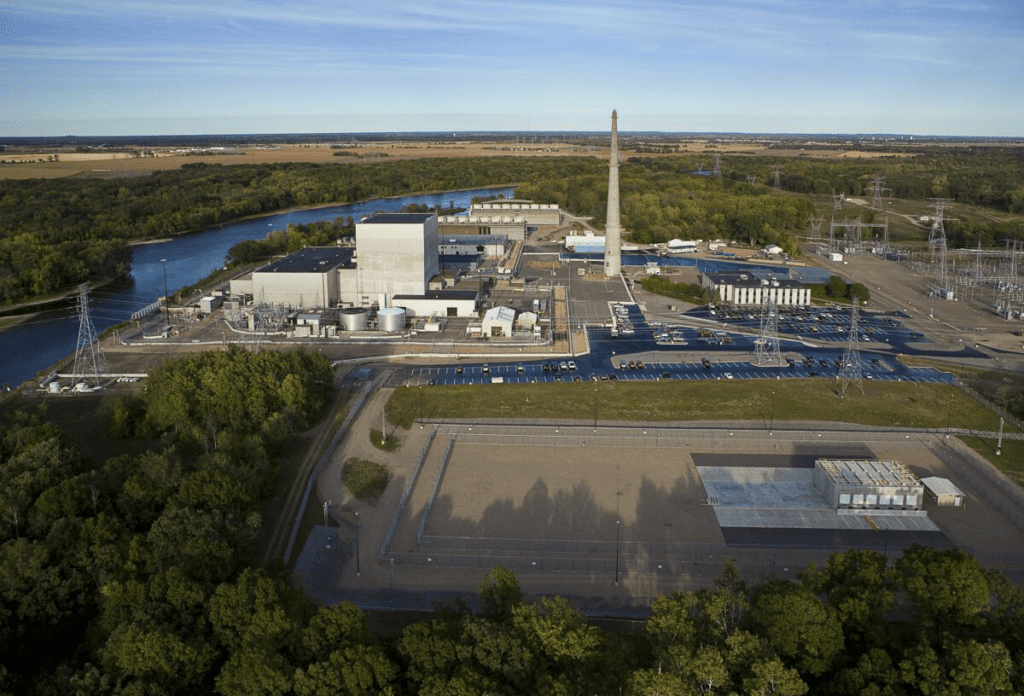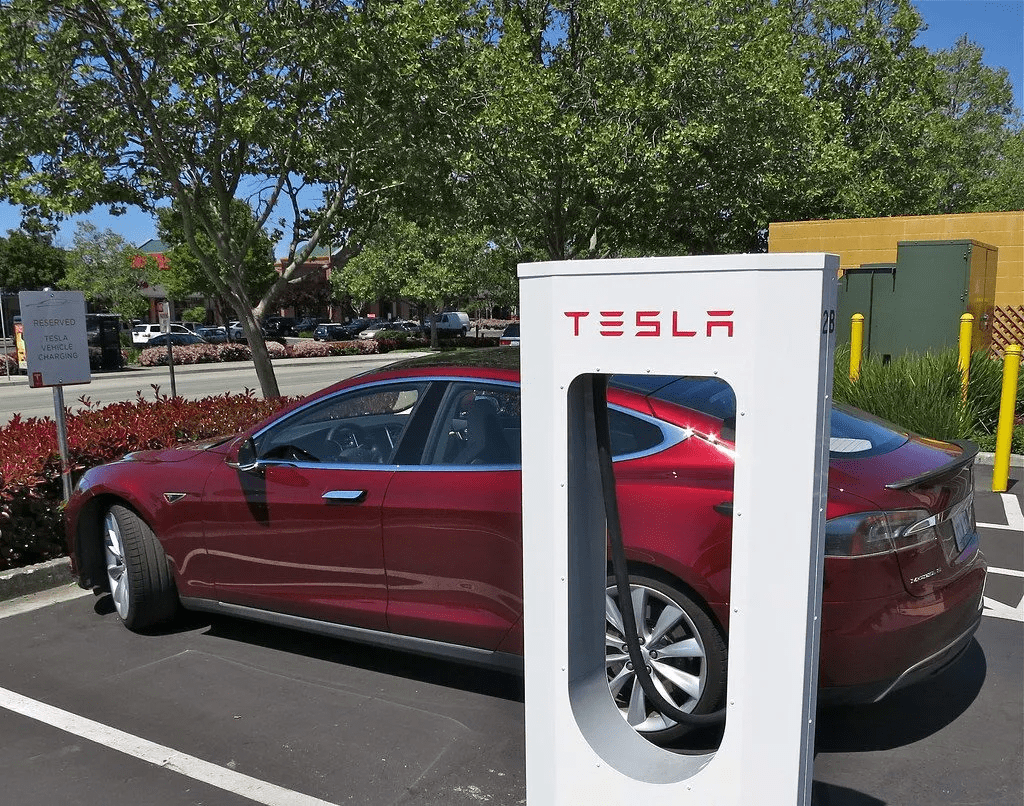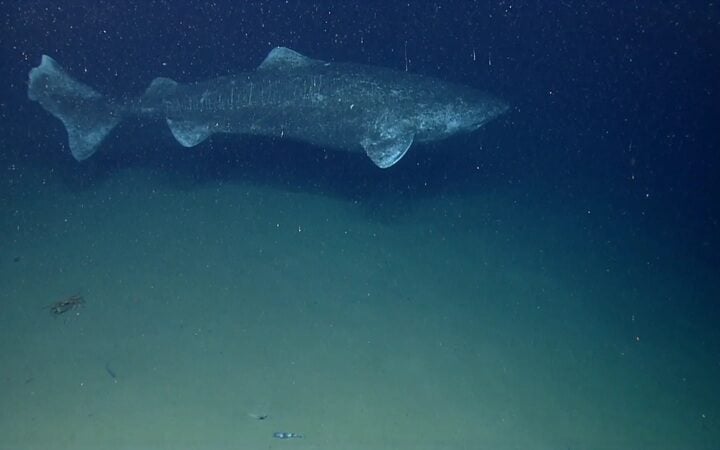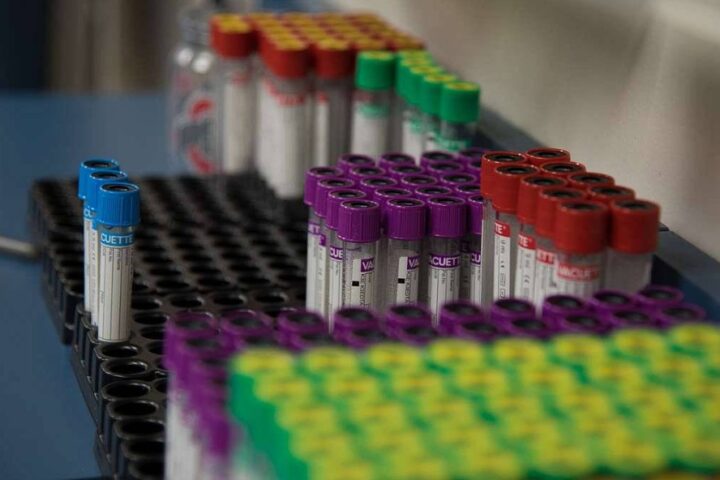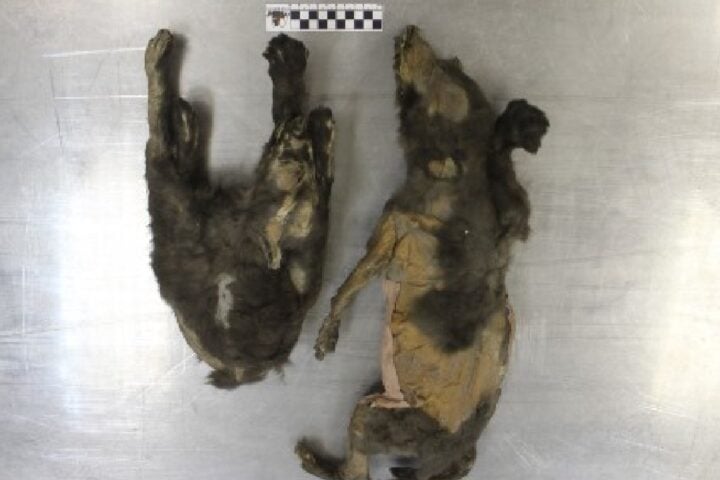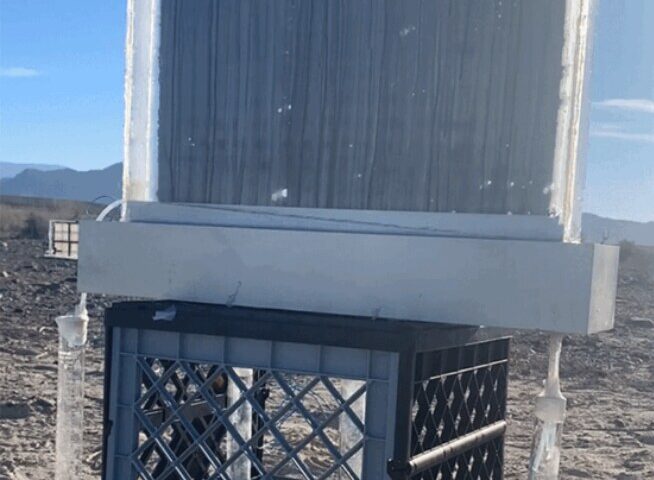The VERITAS mission to study Venus and analyze its volcanic activity was highly anticipated. Some evidence shows that Venus had volcanic activity as recently as the 1990s. However, the VERITAS mission was not funded in NASA’s latest budget request, which has significantly disappointed astronomers.
The decision to delay the VERITAS mission was mostly made months ago and coincided with the Lunar and Planetary Science Conference. Many attendees of the Lunar and Planetary Science Conference tweeted their concerns using the hashtag #saveVERITAS.
NASA and the Italian Space Agency are collaborating on the VERITAS project. VERITAS project team member, Luciano Iess, has expressed concern about the effect of the delay on NASA’s relationship with the Italian Space Agency. NASA’s explanation for the VERITAS delay, citing personnel issues at the Jet Propulsion Laboratory, has created a confusing picture for Iess.
- Historic Grand Canyon Lodge Destroyed by Lightning-Sparked Wildfire, North Rim Closed Until 2026
- NYC Flash Floods: Second-Highest Hourly Rainfall Since 1943 Turns Subways Into Waterways (85 characters)
- 42% of Teens Show Blood Sugar Problems as Study Links Diabetes to Bone Damage During Critical Growth Years
- Train Halts 2 Hours for Elephant Birth: India’s Strategy to Prevent 186 More Railway Elephant Deaths
- Deer Creek Fire Creates Rare Pyrovortex: 8,925 Acres Burned, 0% Containment, 5 Homes Destroyed Near Utah-Colorado Border
Space policy analysts have been using NASA’s budget requests to understand the agency’s priorities. The Planetary Society published a reaction to the VERITAS delay and expressed disappointment and concern. The Venus mission, DAVINCI+, is still in the budget with a launch schedule of “no later” than 2030. While the delay of VERITAS is disappointing to astronomers, there are still many possibilities of it being funded in the future.
